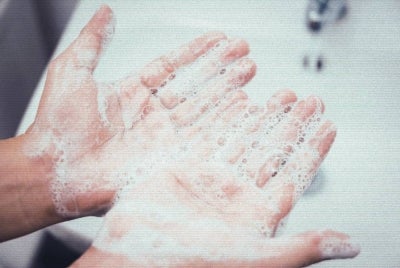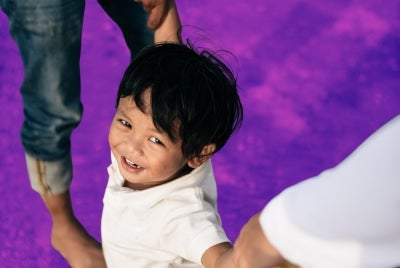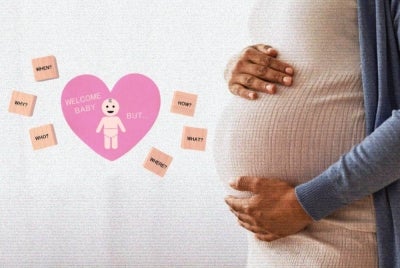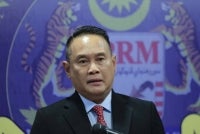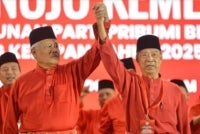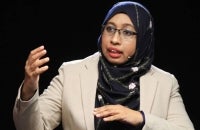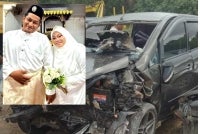Consult with a doctor before giving children medicines
SYAMIRA LIANA NOR ASHAHA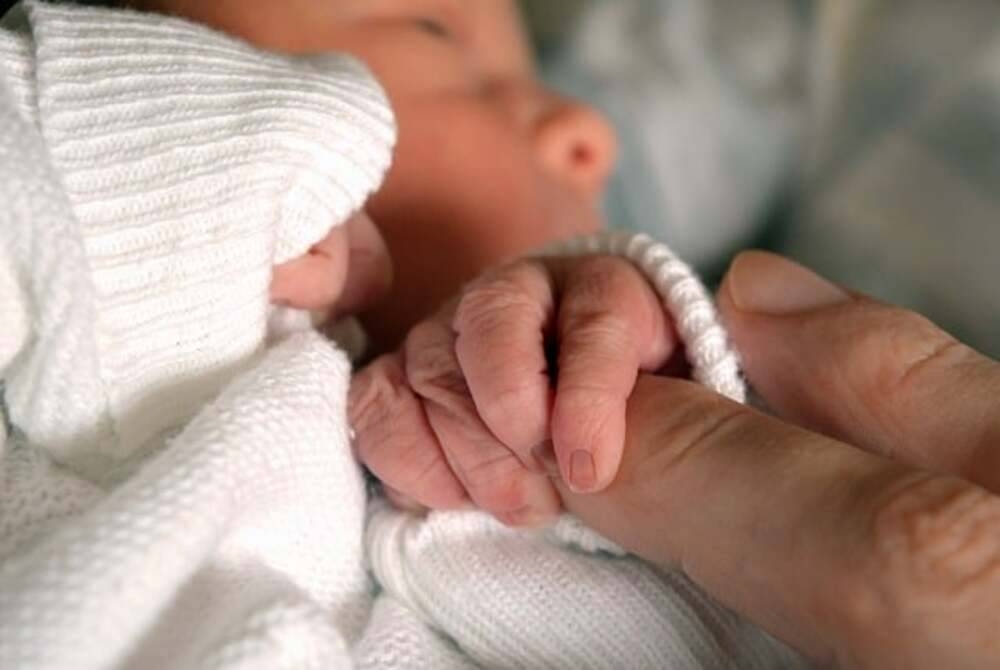
When someone has a cough and catches a cold, it will usually be followed by a fever. That is a package we can hardly escape.
No matter how many supplements we consumed, sometimes, it was inevitable to still end up under the weather.
If it was an adult, it was no big of a deal. Chances were the person would definitely get it all under control and will have no problem taking care of themselves.
However, if it was a baby, it was a different story.
The whining and crying of the pure little angels’ will drive anybody to take immediate needed action.
One of the worst possible scenarios was if they have difficulty breathing.
Kedah KPJ Medical Centre pediatrician Dr Abdul Razif Abdul Razak said such a reaction from the body was normal to signal that there was something harmful present in it.
"For your information, each organ in the body has its own function. If the organ noticed something harmful, then it would start to interact to eliminate the foreign object.
"For example, if someone, including a baby or child eats a contaminated food, the stomach will detect it and start reacting by regurgitating the food," he said.
Echoing Dr Razif's opinion was Healthline.
The international medical site revealed that coughs experienced by little children were usually caused by irritated airways.
It may be due to excessive mucus production either due to a virus or environmental factors such as pollen or smoke.
Furthermore, there were other reasons that prompted babies to get a cold, cough followed by a fever.
For example, they do not have a strong body defence system and sufficient antibodies to fight against germs or bacteria that can harm the body, said Dr Razif.
"However, the problem can also occur due to allergic factors, nausea or the milk given is not suitable for the baby," he explained while pointing out that it was often formula milk which caused the problems.
Strengthening the argument, an entry on www.parenting.firstcry.com stated that formula milk may cause allergies in babies.
This was because their immune system considered certain components in the product as enemies that intend to attack their body.
The site also linked allergy to family genetics which needed to be paid a close attention to.
"If there is a close family member who suffered from formula milk allergy as a child, automatically, they have a 50 to 80 per cent chance of inheriting it," according to the website.
The discussion then branched into the best approach to relieve cough and cold among babies.
Dr Razif noted that before initiating any treatment, the first step to be taken was to find out the cause and symptoms to the health problem.
"We have to know whether it is caused by germs or allergies. If it involves germs in the lungs, the doctor will give oxygen assistance, injection, antibiotics and even a nebuliser.
"Many people misunderstood that nebulisers are only used by those with asthma. The function of the nebuliser is actually to reduce the problem of blockage in the respiratory tract and it is also one of the methods to treat colds and coughs," he said.
Aoart from that, patients can also undergo physiotherapy.
"The intended physiotherapy is patting the baby's body regardless on the back or the front.
"The reason we do so is to help the little ones remove the mucus in their lungs. It could look a little harsh as the pat cannot be too soft, but quite hard instead. Most parents no longer want to do it," he said.
The medical expert said it was important for parents to consult with physicians before giving any medication to their infants.
"Don't think that a three-month-old baby can take in a five-year-old child's cough medicine as the dosage is different. If it exceeds the dosage, it can cause harm to them," he said.
Download Sinar Daily application.Click Here!

